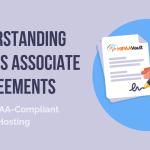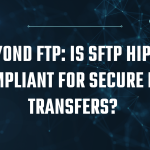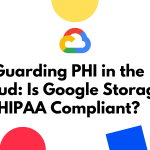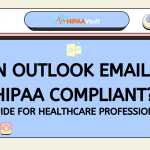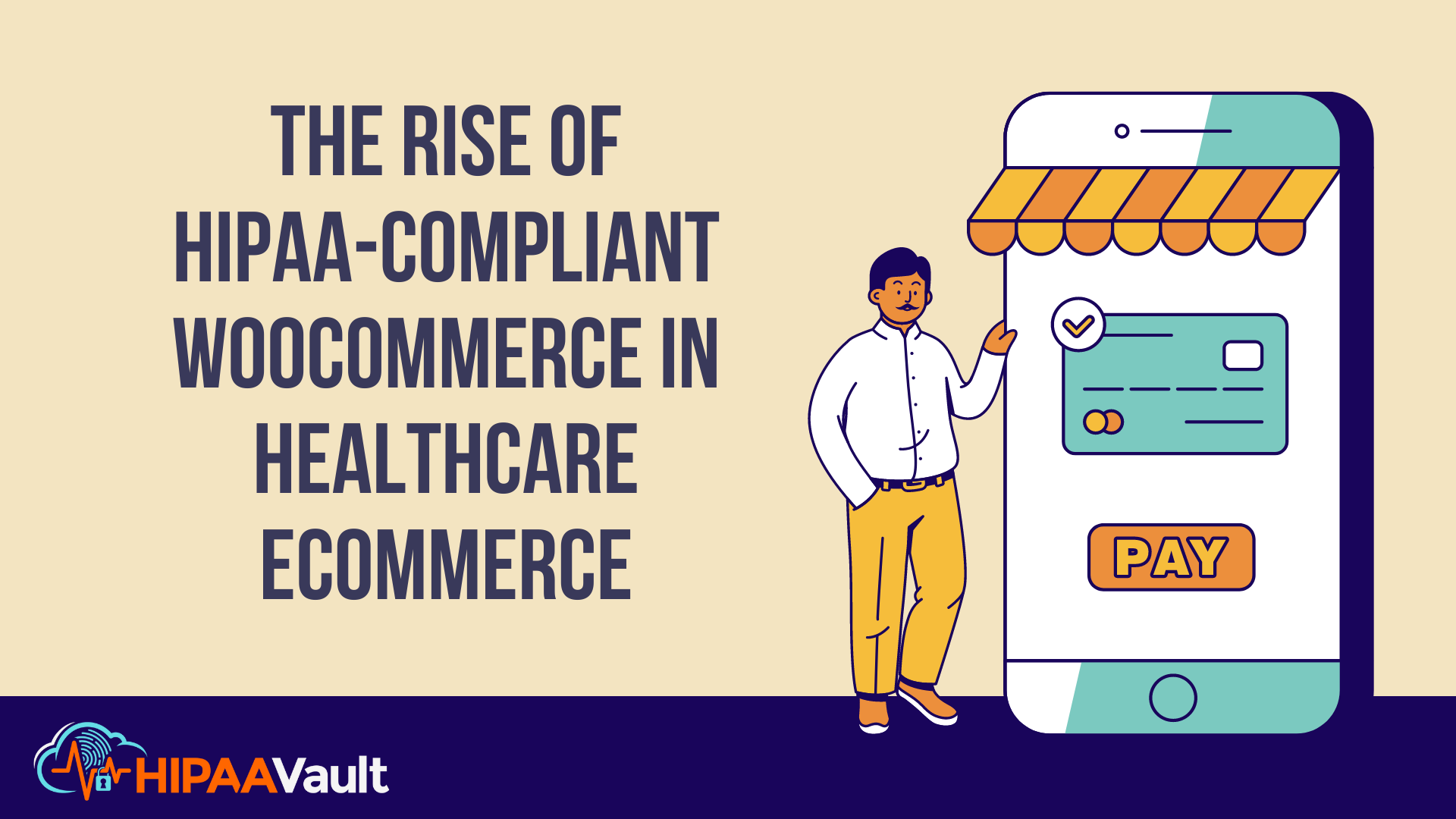
In today’s digital age, healthcare organizations must leverage eCommerce innovations to improve patient care and meet consumer expectations. The global healthcare e-commerce market, valued at $435.8 billion in 2022, is expected to grow at a compound annual growth rate (CAGR) of 17.5% from 2023 to 2030. This rapid growth highlights the increasing demand for secure online medical transactions and HIPAA-compliant WooCommerce solutions.
Understanding the Need for Secure Medical eCommerce
As healthcare providers embrace online commerce, the need for robust security measures becomes paramount. A 2023 survey revealed that 93% of healthcare consumers are concerned about the security of their health information when engaging in online transactions with healthcare providers. This statistic underscores the critical importance of implementing HIPAA-compliant WooCommerce solutions to protect patient data and build trust.
Is WooCommerce HIPAA-Compliant Out of the Box?
While WooCommerce offers numerous benefits for eCommerce, including beautiful storefronts, customized product pages, and improved SEO, it is not HIPAA-compliant out of the box. The standard WooCommerce plugin, like WordPress itself, lacks the full protections necessary to securely store or transfer electronically protected health information (ePHI).
Essential Components of HIPAA-Compliant WooCommerce
To achieve WordPress HIPAA compliance and create a secure medical eCommerce platform, healthcare providers must implement the following essential components:
- HIPAA-Compliant Hosting
- Partner with a host offering a Business Associate Agreement (BAA)
- Ensure data protection in transit and at rest
- Implementing HIPAA Safeguards
- Technical safeguards: encryption, access controls, audit logs
- Administrative safeguards: policies, procedures, staff training
- Physical safeguards: facility access controls, workstation security
- Access Controls and User Management
- Implement the principle of least privilege
- Enforce strong passwords and two-factor authentication
- Regular Updates and Patch Management
- Keep WordPress, WooCommerce, and all plugins up-to-date
- Apply security patches promptly
- Encryption for Protected Health Information (PHI)
- Use SSL certificates for data in transit
- Implement encryption for data at rest
- Secure Database Connections
- Segregate public-facing servers from database servers
- Implement secure communication protocols
- LAMP Stack Security
- Secure Linux, Apache, MySQL, and PHP configurations
- Regularly update and patch all components
- Offsite Backups and Data Redundancy
- Implement automatic, geographically dispersed backups
- Ensure high availability of PHI data
- Log Retention and Auditing
- Maintain comprehensive logs for at least 6 years
- Regularly review and analyze logs for security incidents
Benefits of HIPAA-Compliant WooCommerce for Healthcare Providers
Implementing a secure WooCommerce solution for healthcare providers offers numerous advantages:
- Improved patient experience through convenient online transactions
- Expanded service offerings, including virtual visits and online product sales
- Streamlined payment processes and simplified sales tax calculations
- Enhanced trust and credibility with patients concerned about data security
Choosing a Managed HIPAA-Compliant WooCommerce Solution
Given the complexities of achieving HIPAA compliance, many healthcare providers opt for managed solutions. A fully-managed, HIPAA-compliant WooCommerce platform offers:
- Expert implementation of all necessary security measures
- Ongoing monitoring and maintenance
- Regular updates and patch management
- Comprehensive support and guidance
Embracing Secure Online Medical Transactions
As the healthcare eCommerce market continues to grow, providers must prioritize HIPAA-compliant WooCommerce solutions to meet patient expectations and regulatory requirements. By implementing robust security measures and partnering with experienced managed service providers, healthcare organizations can confidently embrace the benefits of secure online medical transactions while protecting sensitive patient information.To learn more about implementing HIPAA-compliant WooCommerce for your healthcare organization, contact HIPAA Vault today!


